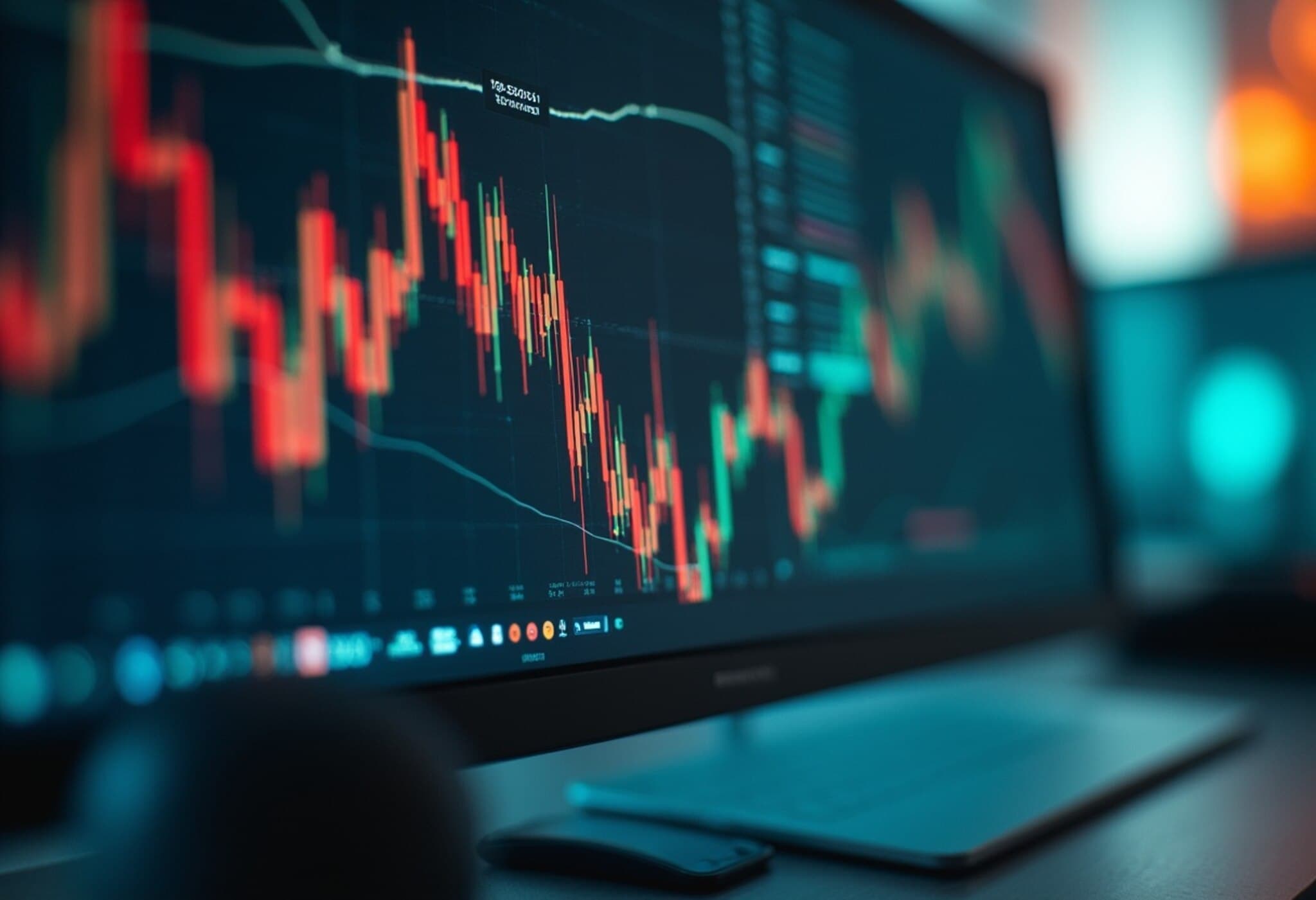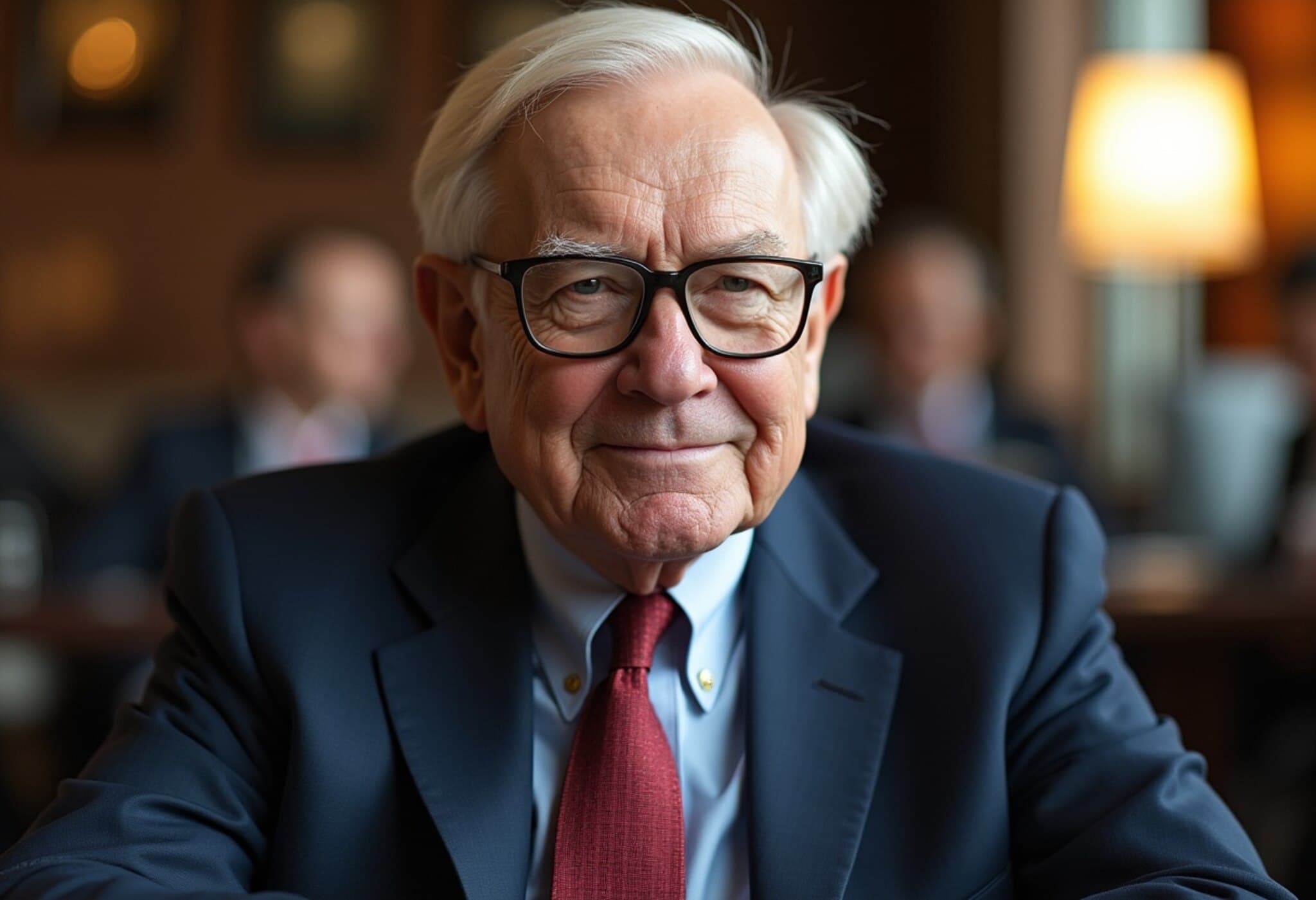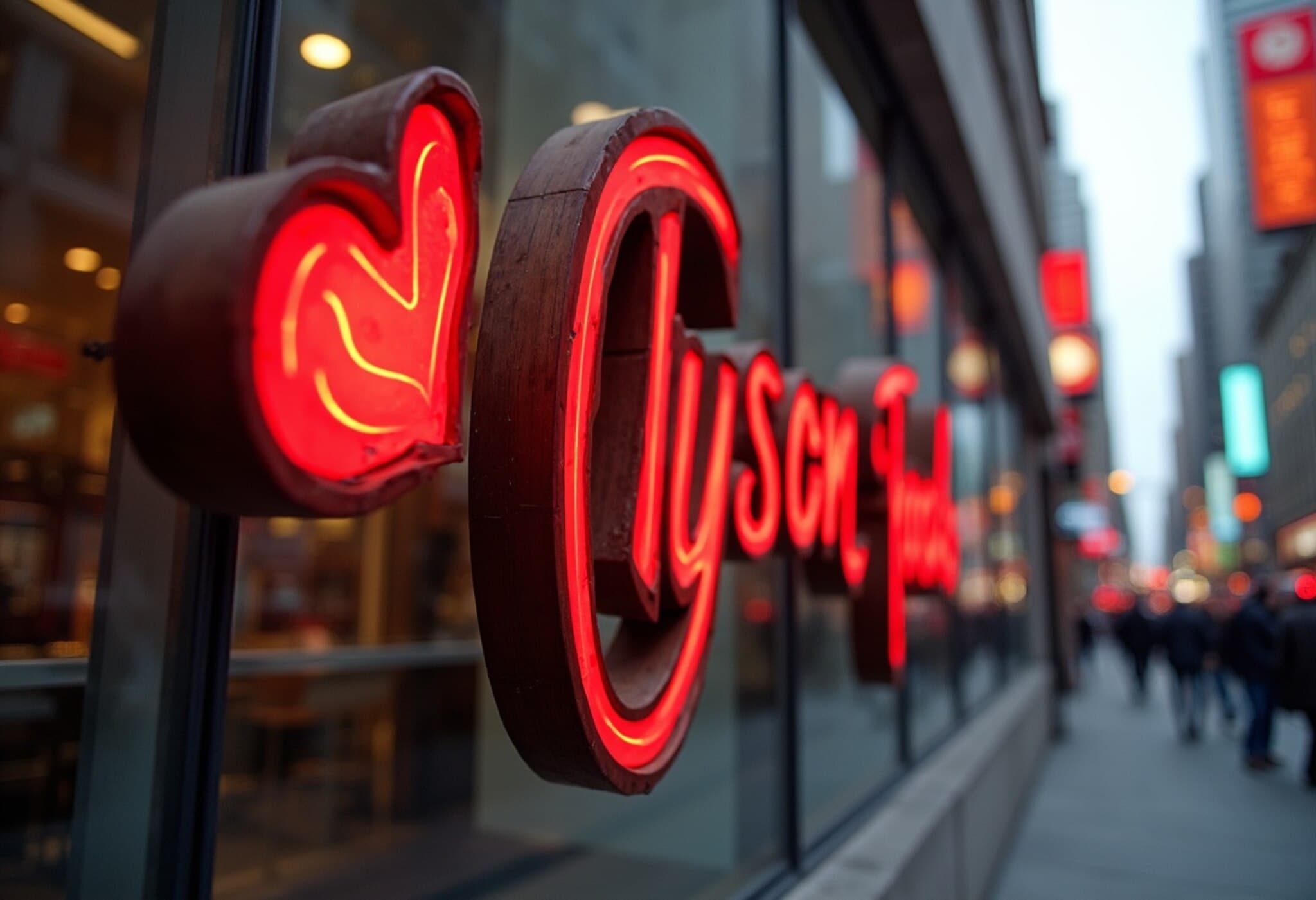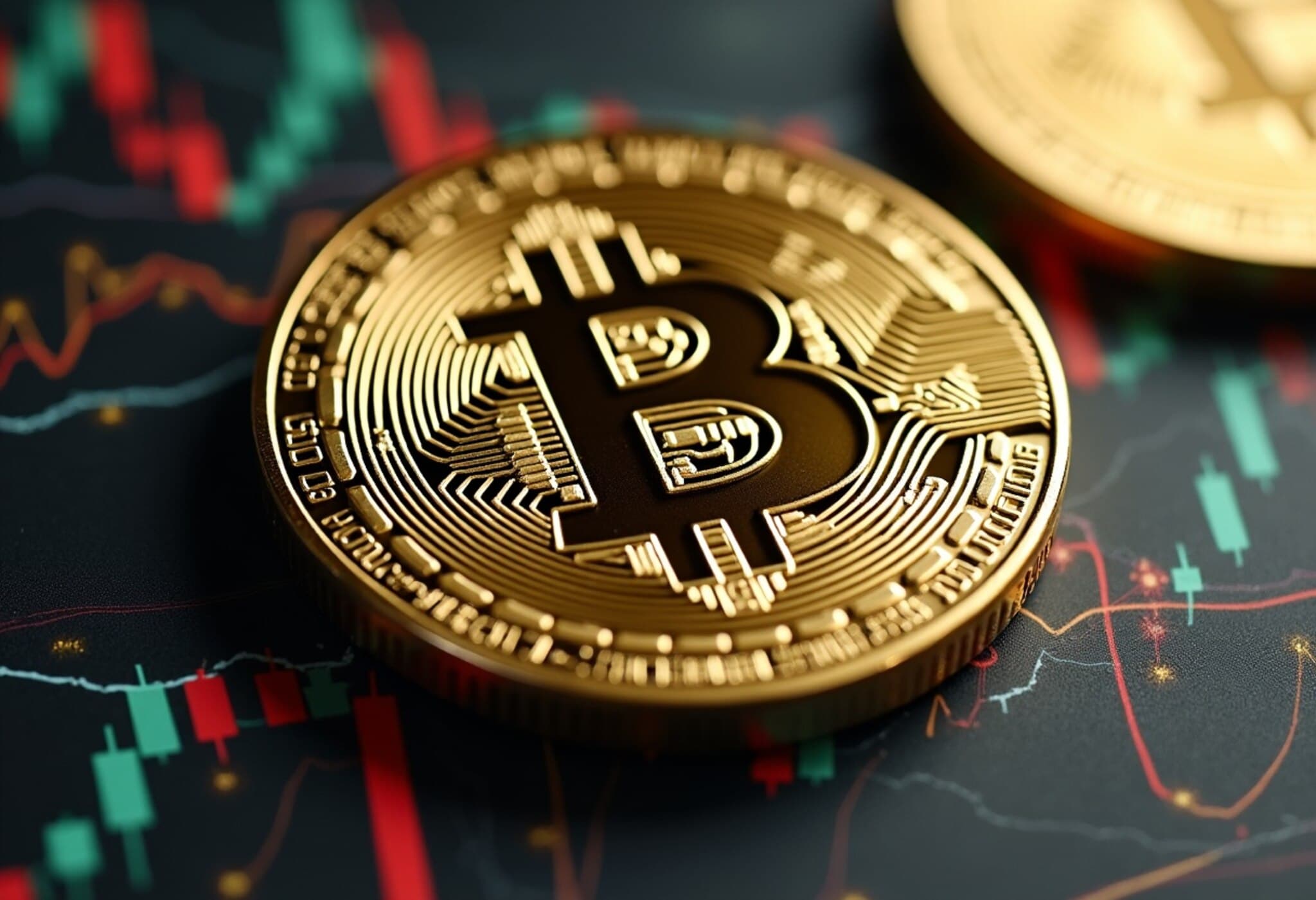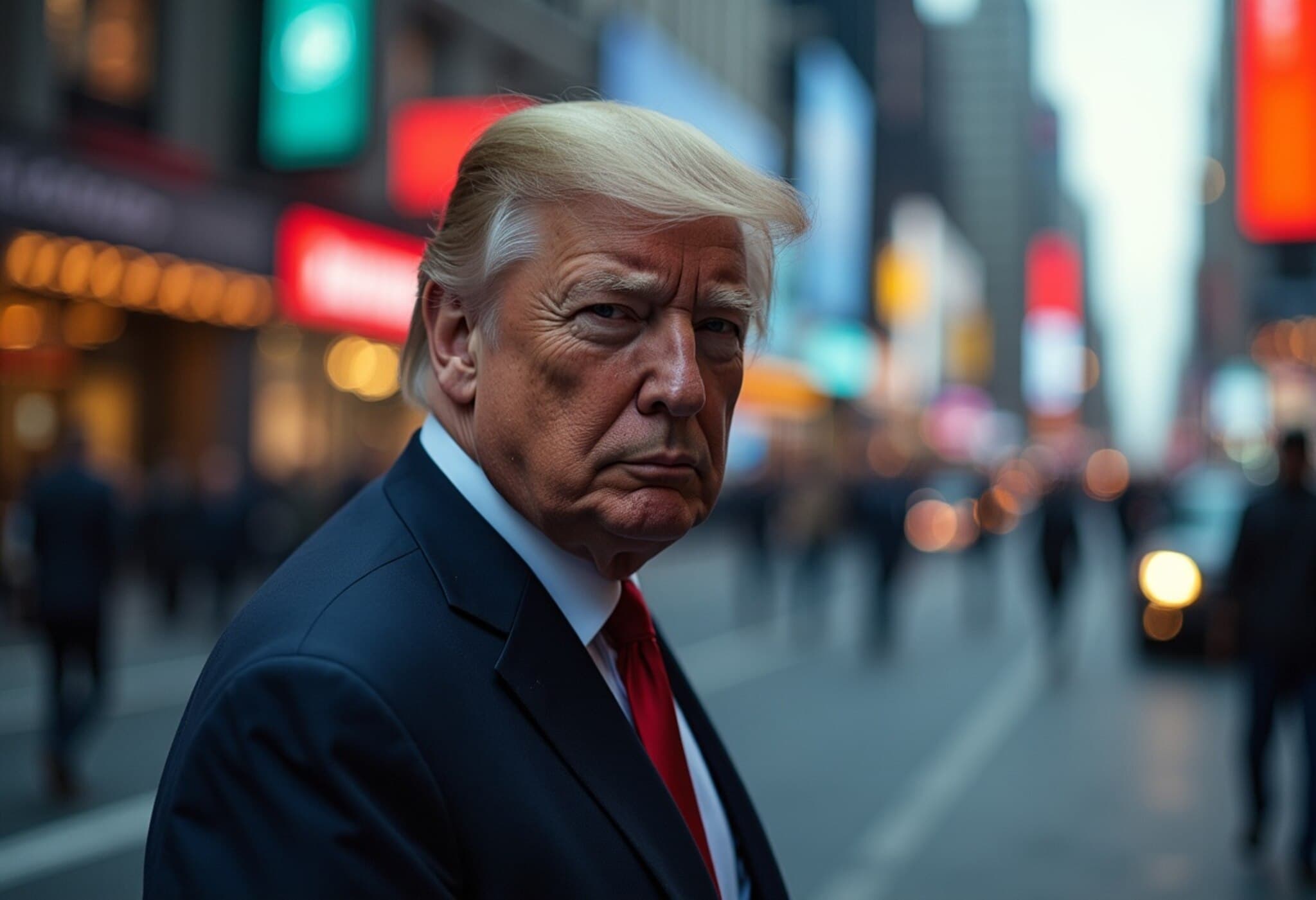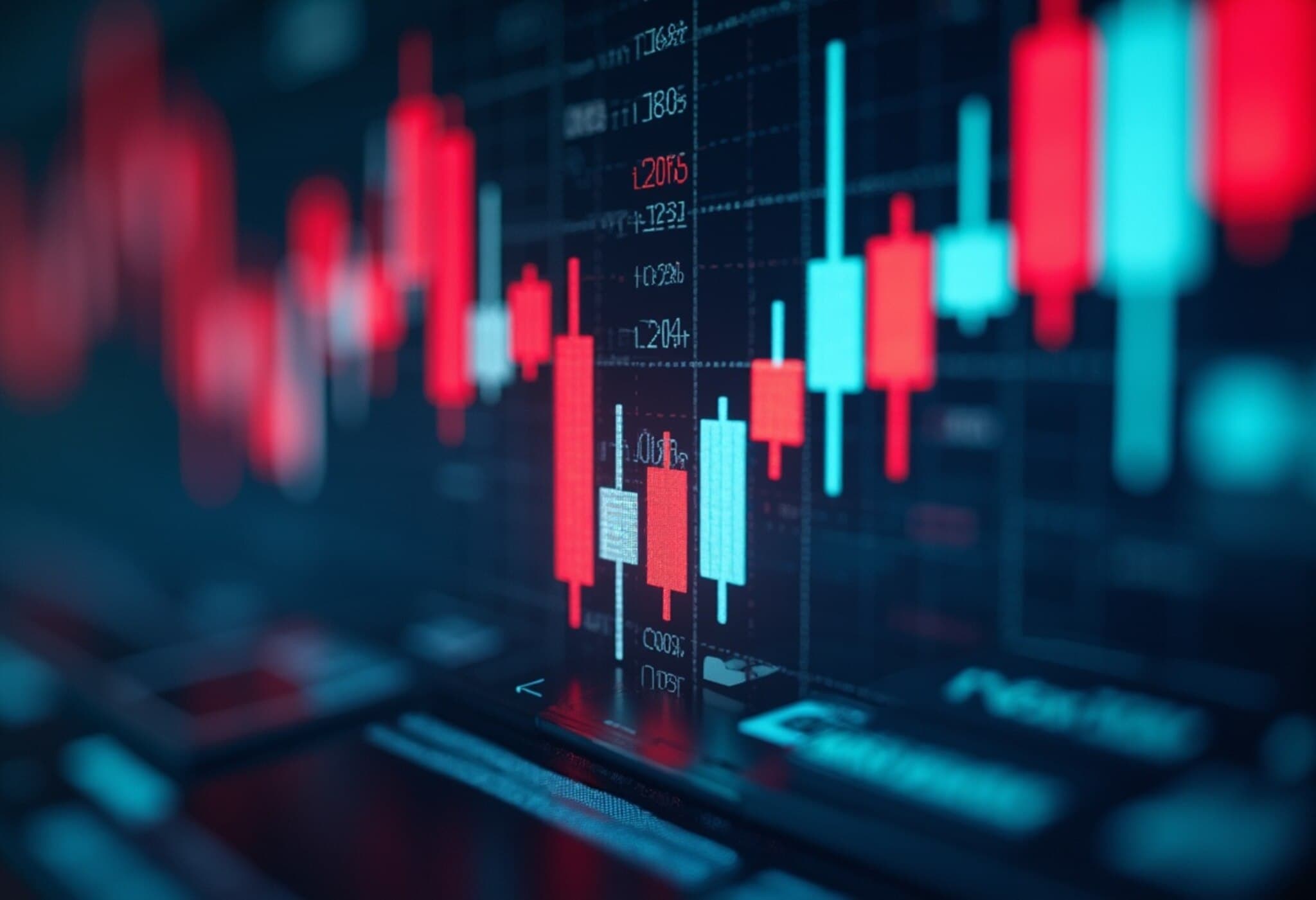Interactive Brokers: The Unsung Champion of the Trading Surge
As the stock market roars back to life, much of the spotlight has been on Robinhood (HOOD), the retail trading app that shot into popular consciousness by opening the gates of investing to millions of younger Americans. Robinhood’s stock soared nearly 400% over the past year, buoyed by a wave of trading enthusiasm. But tucked quietly in the background is Interactive Brokers (IBKR), a seasoned player in the brokerage world that offers investors a compelling, less-heralded opportunity that could be equally rewarding without the premium price tag.
The Rise of IBKR: A Financial Powerhouse Joins the S&P 500
This summer, IBKR was added to the prestigious S&P 500 Index, signaling the company’s maturation and significance within the financial sector. With a market capitalization of about $28 billion, it now stands alongside fintech peers like Coinbase and Block, attracting increased analyst attention and the automatic buying that comes from inclusion in large index funds such as the Financial Select Sector SPDR Fund (XLF).
Why Interactive Brokers Deserves More Attention
According to financial experts Josh Brown and Sean Russo of Ritholtz Wealth Management, IBKR’s business model is capitalizing on the surging tide of trading activity with extraordinary results:
- Impressive Account Growth: The company added 250,000 new accounts in Q2 2025 alone, bringing its total for the year to 528,000—already surpassing all of 2023.
- Robust Options and Futures Trading: Year-over-year growth of 24% and 18%, respectively, highlights increased user engagement.
- Industry-Leading Profit Margins: A pre-tax margin of 75% in Q2 2025 outpaces many rivals.
- Strong Revenue and Earnings Momentum: With a revenue CAGR of 31% and net income growing at 41% over three years, IBKR’s financials reveal rapid expansion underpinned by operational efficiency.
- Innovative 24-Hour Trading: The company has ventured into overnight trading, reporting a staggering 170% increase in volume—a testament to its adaptability.
Comparing IBKR and Robinhood: Different Paths to Riding the Trading Wave
While Robinhood remains the poster child for democratized retail investing, IBKR caters to a mix of sophisticated retail traders and professional investors, including proprietary trading firms who demand top-tier execution and prime brokerage services. Importantly, IBKR achieves this with generally lower valuation multiples, offering a more cost-effective entry point into the trading boom.
Investors looking for steady growth might find IBKR’s upcoming earnings projections compelling: anticipated 11% revenue growth, 19% operating income growth, and 18% earnings-per-share growth in the next quarter reflect ongoing momentum.
Technical Analysis: Navigating IBKR’s Stock Movement
From a trading perspective, Josh Brown points out a classic consolidation pattern for IBKR after its recent breakout. The stock is currently retesting a key resistance-turned-support level near $60, which corresponds with its 50-day moving average. This retest phase features:
- Light selling pressure, indicating that profit-taking is moderate.
- Stability in the relative strength index hovering around 50.
- Potential for a breakout above $65, signaling renewed upward momentum.
For longer-term investors, maintaining a stop-loss near $50 is prudent — a level below which the positive trend could be questioned.
Expert Insight: What Does This Mean for Investors?
IBKR’s quiet ascent exemplifies the broader market trend: increased trading activity, driven by more accessible technology and 24/7 market access, continues to fuel profits for brokerage firms. However, the difference lies in IBKR’s sophisticated product suite and robust operational execution, which appeal to a more professional cohort as well as engaged retail investors.
This dual appeal, combined with its recent S&P 500 inclusion, positions IBKR as a potentially undervalued gem that balances growth with fundamental strength.
Underreported Angle: The Shift Toward Professionalization in Retail Trading
While much media attention romanticizes the novice trader empowered by apps like Robinhood, the reality is a steady shift toward professionalization in retail trading. IBKR’s success underscores this, as more retail investors adopt advanced strategies needing sophisticated tools, and professional traders increasingly demand seamless, low-latency execution. This dynamic could reshape the brokerage industry’s landscape well beyond current headlines.
Editor’s Note
As trading volumes surge, brokerage platforms that blend accessibility with advanced features are thriving. Interactive Brokers stands out by quietly commanding a significant share of this market, balancing innovation, profitability, and institutional-grade services. While Robinhood captures attention with flash and growth, IBKR exemplifies durable strength and strategic positioning, presenting a compelling alternative for investors seeking exposure to the trading boom without the exuberant valuation premium. Investors and policymakers alike should watch how this evolving ecosystem impacts market fairness, technological innovation, and investor protection.

